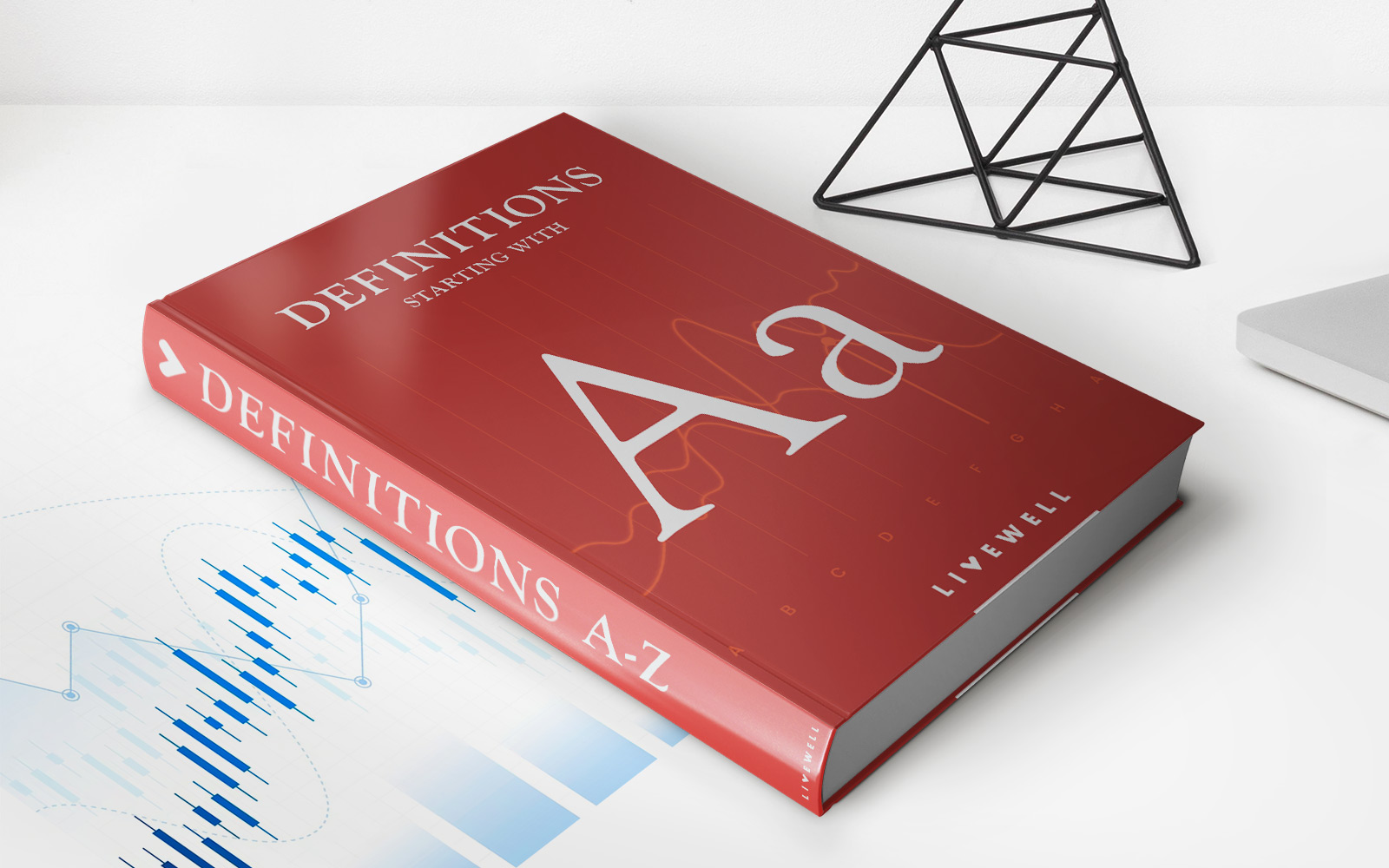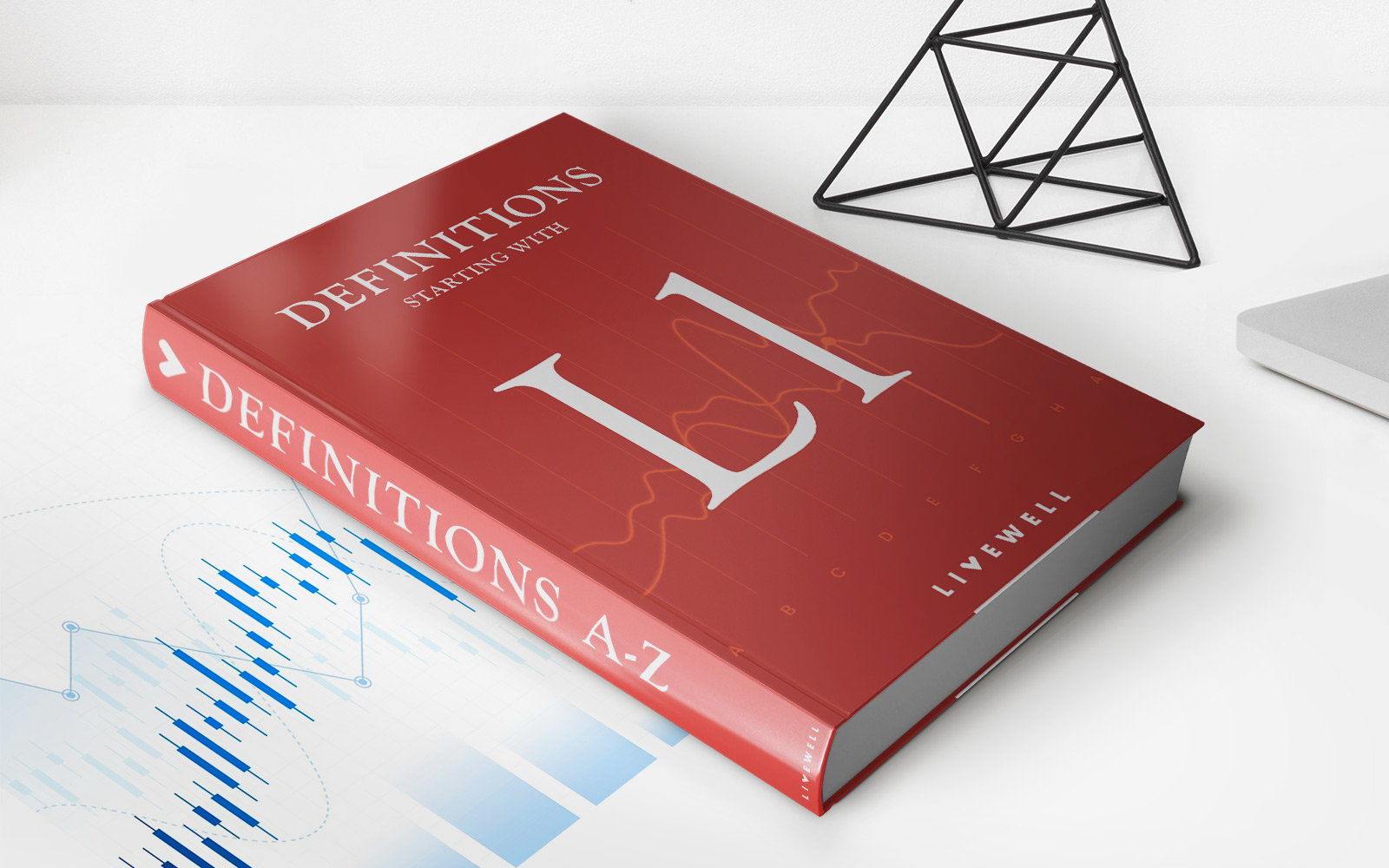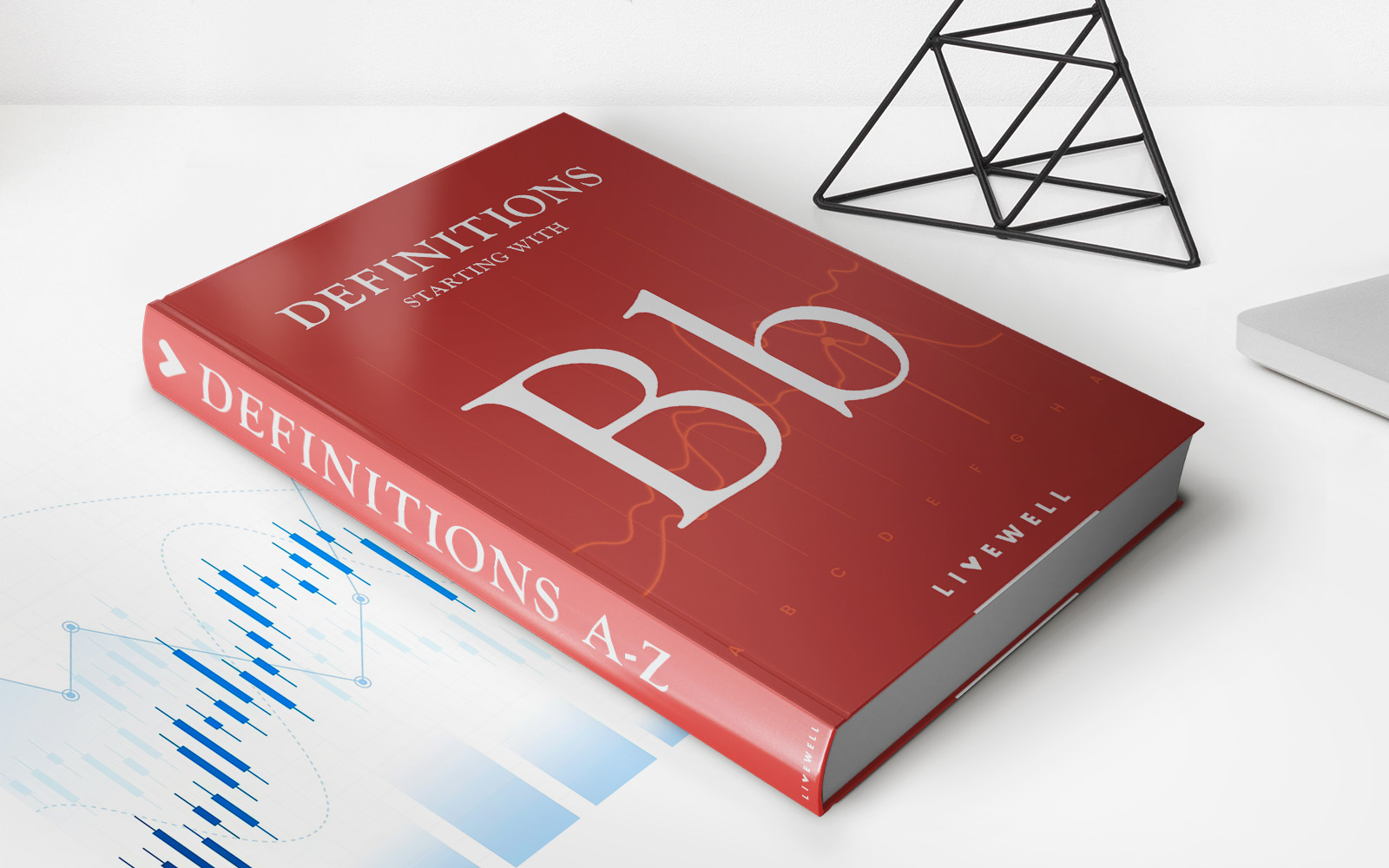

Finance
AWG (Aruban Florin) Definition
Published: October 11, 2023
Learn about the definition and significance of Aruban Florin (AWG) in the world of finance. Find out its role in the global economy and its impact on international trade.
(Many of the links in this article redirect to a specific reviewed product. Your purchase of these products through affiliate links helps to generate commission for LiveWell, at no extra cost. Learn more)
Understanding the Aruban Florin (AWG) – Your Guide to Aruba’s Currency
Are you planning a trip to Aruba or interested in learning more about the local currency? Look no further! In this blog post, we will dive deep into the world of the Aruban Florin (AWG) – the official currency of Aruba. Whether you are a tourist planning your vacation or a finance enthusiast curious about different currencies, this guide will provide you with all the essential information you need!
Key Takeaways:
- The Aruban Florin (AWG) is the official currency of Aruba.
- The AWG is denoted by the symbol “ƒ” and is commonly referred to as the “Afl.”
A Brief Introduction to the Aruban Florin (AWG)
Located in the Southern Caribbean, Aruba is a fascinating island known for its stunning beaches, friendly people, and vibrant culture. And when it comes to finances, it has its own unique currency – the Aruban Florin.
The Aruban Florin (ƒ) is the official currency of Aruba, replacing the Netherlands Antillean guilder (ANG) in 1986. It is managed and issued by the Central Bank of Aruba. The currency is unique to the island and is not accepted in any other country, making it a vital part of Aruba’s identity and a point of interest for tourists.
One USD is consistently equivalent to approximately 1.75 AWG, but exchange rates may fluctuate. The currency is denoted by the symbol “ƒ” and is often referred to as “Afl.”
Why is it Important to Understand the AWG?
If you are planning a trip to Aruba, it is crucial to have a basic understanding of the local currency. Here’s why:
- Convenience: Familiarizing yourself with the currency will make your transactions in Aruba much smoother. Knowing the denominations, exchange rates, and where to exchange your money will save you time and ensure that you are getting the best value for your dollar.
- Cultural Experience: Learning about the local currency will allow you to embrace the Aruban culture more fully. From bargaining at local markets to enjoying the island’s cuisine, understanding the AWG will enhance your overall experience and help you connect with the local community.
Tips for Handling the AWG
Now that you understand the importance of the Aruban Florin, here are a few tips to help you navigate its use:
- Currency Exchange: Before your trip, it’s advisable to exchange some of your home currency for AWG. You can do this at local banks, exchange offices, or even at the airport upon arrival. Remember to compare exchange rates to ensure you get the best deal.
- Denominations: The Aruban Florin comes in banknotes of 10, 25, 50, and 100 AWG. Coins are available in denominations of 1, 5, 10, 25, and 50 cents, as well as 1 and 5 Florin coins. Getting familiar with the denominations will make it easier to handle transactions efficiently.
- Credit Cards and ATMs: Credit cards are widely accepted in many establishments in Aruba, but it’s always helpful to carry cash for smaller vendors or places that might not accept cards. ATMs are readily available in major areas, allowing you to withdraw cash if needed.
- Stay Up-to-Date: Keep an eye on exchange rates leading up to your trip, as they can fluctuate. Staying informed will help you plan your budget and make the most of your money while in Aruba.
Conclusion
Understanding the currency of the country you are visiting is an essential part of any travel plan. As you prepare for your trip to Aruba, getting to know the Aruban Florin (AWG) will not only make your financial transactions smoother but will also allow you to fully immerse yourself in the local culture. Remember to exchange your money at reliable locations and familiarize yourself with the denominations. By following these tips, you’ll be well-prepared to make the most of your visit to Aruba!














